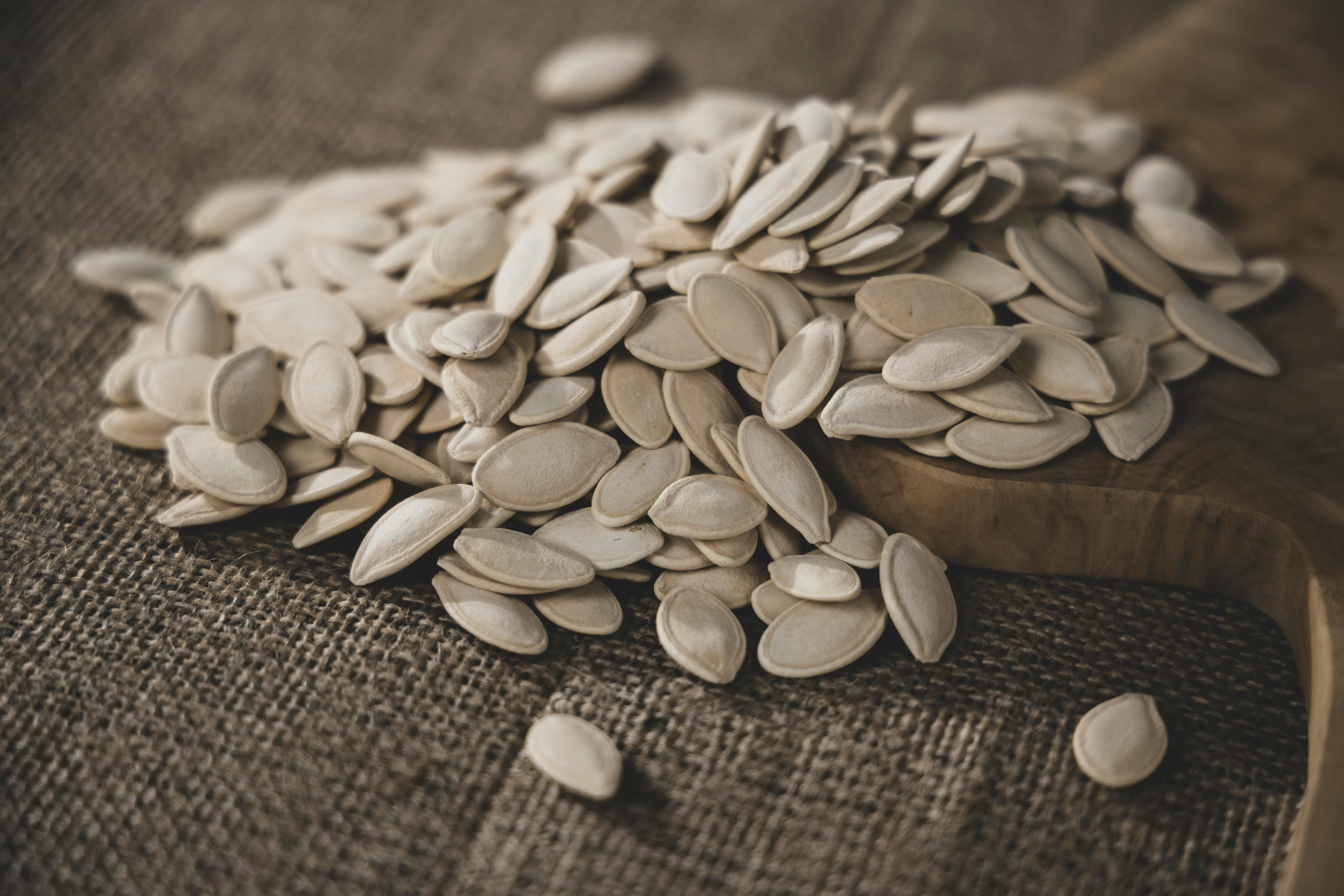Best 5 Ways to Start Your Diet Successfully in 2025

Best 5 Ways to Start Your Diet Successfully in 2025
Starting a diet can often feel overwhelming, especially with the plethora of information available on nutrition and weight loss goals. Yet, beginning your journey towards healthier eating doesn't have to be complicated. In 2025, it is essential to embrace a straightforward approach to diet planning, focusing on what works best for your body and lifestyle. By following proven strategies and incorporating healthy eating habits, you can set yourself up for success in meeting your fitness goals.
This article will delve into the best five ways to kick-start your diet successfully this year. You'll learn about meal prep strategies, nutritional choices, and the importance of mindful eating. We’ll also touch on commonly held diet myths and how to create sustainable dietary changes. Let’s take the first step toward a healthier you!
Key Takeaways:
- Understand the importance of meal prep in staying organized and committed to your diet plan.
- Learn about flexible dieting techniques that allow for enjoyable eating without depriving yourself.
- Find out effective portion control methods to help manage calorie intake.
Implement Meal Prep for Success
Building a successful diet often starts with effective meal prep. Meal prepping simplifies your week, ensuring you always have nutritious options on hand. This strategy helps in calorie counting, facilitates portion management, and keeps you consistent with your diet.
Creating a Meal Prep Schedule
To streamline your meal preparation, create a weekly meal prep schedule. Dedicate one day each week, preferably Sunday, to planning and prepping your meals. This involves selecting recipes, grocery shopping for the necessary ingredients, and batch cooking or portioning meals into containers. Aim for balanced meals that include lean proteins, whole grains, and plenty of fiber-rich foods. This method not only saves time during busy weekdays but reduces the temptation to stray from your healthy eating plan.
Portion Control Techniques
Integrating portion control into your meals is vital for weight management. Make use of measuring cups or a kitchen scale to ensure each of your meals aligns with your calorie and macronutrient targets. You can also utilize tools like fitness trackers to keep tabs on your intake. Use smaller plates and containers to naturally limit your portions without feeling deprived. This strategy nurtures a balanced relationship with food and builds better eating habits over time.
Stay Hydrated
Hydration is a crucial aspect of any wellness plan. Often, our bodies confuse thirst with hunger, leading to unnecessary snacking. Aim to drink plenty of water throughout the day, and consider incorporating water-rich foods into your meals. Aiming for at least eight 8-ounce glasses of water can promote physical and cognitive wellness, fundamentally supporting your diet and exercise routines.
Adopt a Flexible Dieting Approach
Dieting doesn’t have to be restrictive or boring. Flexible dieting allows for a balanced approach that makes you less likely to feel deprived. This method encourages mindful eating while still tracking macros, giving you the option to enjoy your favorite foods in moderation.
Understanding Macros
Your macronutrient balance significantly influences your diet's success. Generally, a balanced diet consists of approximately 40% carbohydrates, 30% protein, and 30% fats. Understanding how these nutrients work together helps you make better dietary choices. Utilize nutrition facts labels to guide you in selecting nutrient-dense foods that align with your fitness goals. Online tools and apps can also assist in tracking your daily macro intake effectively.
Enjoy Healthy Swaps
Healthy swaps can make a significant difference without compromising flavor. For instance, opt for whole grain over refined grain options or Greek yogurt in place of sour cream. These minor adjustments can help you maintain flavor while improving the nutritional quality of your meals, making the weight loss journey more enjoyable and sustainable.
Mindful Eating Practices
Practicing mindful eating is a game-changer when it comes to successful dieting. This technique involves tuning into your body’s hunger signals and appreciating the flavors and textures of your food. Avoid distractions while eating—such as your phone or laptop—and focus on chewing slowly and savoring each bite. This practice not only enhances your eating experience but can lead to better digestion and satisfaction, reducing the likelihood of binge eating later.

Master Portion Management
Portion management is a simple yet often overlooked strategy for anyone seeking to control their weight. By understanding proper portion sizes and employing effective management techniques, you can significantly impact your overall dietary choices and health.
Recognizing Portion Distortion
In today's fast-paced world, it's easy to fall victim to portion distortion, where servings are much larger than they need to be. Education about standard serving sizes is key. Resources like the food pyramid can show you what a balanced plate looks like. When dining out or grocery shopping, research food labels to better understand what constitutes a healthy portion size.
Meal Scheduling and Timing
Strategic meal timing can enhance your weight management efforts. Try to eat at regular intervals to maintain energy levels throughout the day. Planning meals and snacks 3-4 hours apart can help curb hunger and prevent overeating. It's also useful to align your eating schedules with your physical activity because proper fuel before and after workouts supports fitness goals effectively.
Utilize Health Tracking Apps
Investing in a health tracking app can be incredibly beneficial for managing portion sizes and overall dietary adherence. These apps allow you to log meals, track your macros, and visualize your progress over time. This insight can serve as motivation, helping to reinforce your dietary objectives. Furthermore, they often provide tips and suggestions tailored to your personal dietary choices, making your weight loss journey more personalized and manageable.

Stay Motivated with Support and Resources
Maintaining motivation can be one of the greatest challenges when embarking on a weight loss journey. Support from others, along with resources tailored to your lifestyle, is essential for sustaining your efforts over time.
The Role of a Health Coach
Consider working with a health coach or nutrition expert for personalized meal planning and accountability. A professional can help assess your current dietary choices and provide tailored strategies for improvement. They often have in-depth knowledge of the latest nutrition science and can provide evidence-based guidance that will make your dietary transition smoother.
Engagement with Community Nutrition Programs
Look for community support groups or workshops that focus on nutrition and wellness. Engaging with others on a similar journey can fortify your motivation and provide practical insights. Whether exchanging recipe ideas, tips on grocery shopping, or experiences with different diets, these community interactions can enhance your understanding of healthy lifestyles.
Incorporating Fitness into Your Routine
Alongside dietary changes, incorporating consistent exercise routines is essential. Whether you prefer home workouts, gym training, or outdoor activities, find what works best for you. Balancing your diet with physical activity maximizes results and fosters a positive lifestyle change. Pairing workouts with proper nutrition can lead to a successful body transformation in a healthy and sustainable way.
Conclusion: Starting a diet in 2025 is about embracing a holistic and flexible approach. By implementing meal prep, practicing portion control, and engaging in mindful eating, you can achieve your weight loss goals while enjoying the process. Remember to seek support and resources that resonate with you for ongoing motivation. A healthy lifestyle is a journey, not a sprint, and every small step counts towards lasting change.